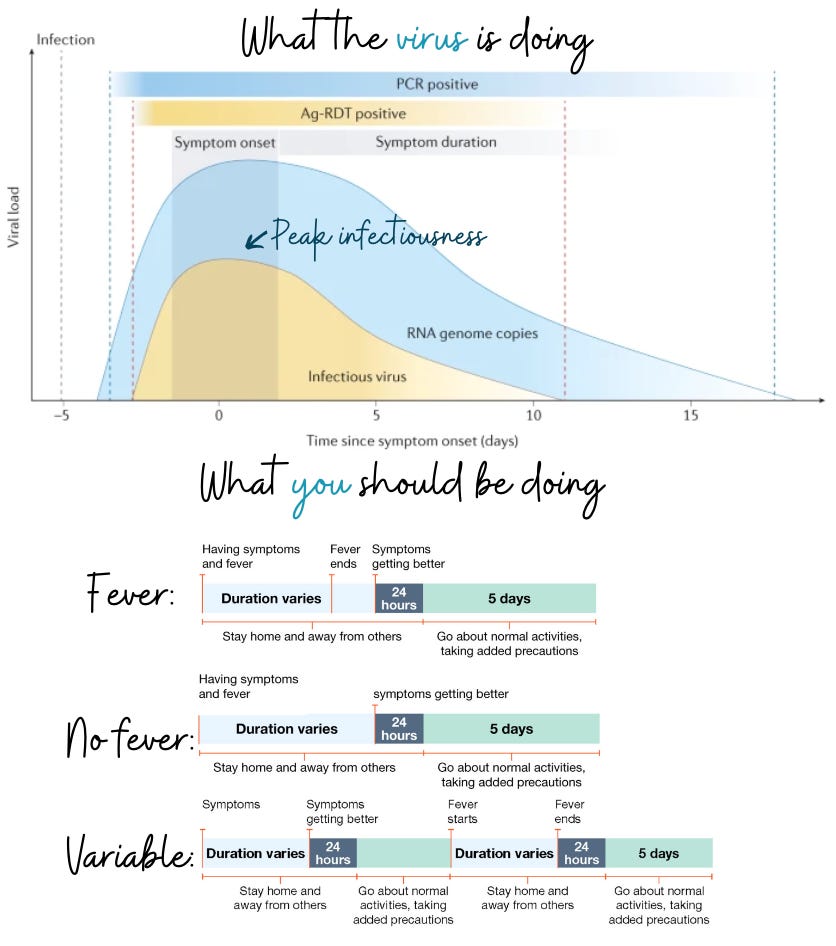As students gear up for the new semester, ensuring their health and safety is a top priority. This year, with rising cases of COVID-19, flu, and pertussis (whooping cough), it’s more important than ever to make sure they are fully vaccinated before returning to campus. Additionally, being prepared with wellness essentials can make a big difference if illness strikes.
Here’s why updated vaccines and a well-stocked care kit are essential to keeping your student healthy and supported while away from home

The Importance of Updated Vaccines
COVID-19: Guarding Against Serious Illness
COVID-19 remains a significant concern, especially in close-contact environments like college campuses. Updated COVID vaccines provide protection against severe illness, reducing the risk of hospitalization and long-term complications. Staying current with COVID vaccinations also helps curb the spread of the virus, protecting vulnerable individuals on campus and in the community.
Flu: A Seasonal Threat
The flu virus changes every year, making the annual flu shot a critical line of defense. College students often experience high-stress levels and disrupted sleep schedules, which can weaken their immune systems. A flu shot helps reduce the risk of missed classes, downtime, and potential complications from the flu.
Pertussis: The Sneaky Culprit
Pertussis, or whooping cough, may seem like a disease of the past, but cases have been on the rise locally and nationally. The Tdap vaccine (tetanus, diphtheria, pertussis) is particularly important for young adults, as immunity from childhood vaccines can wane over time. Pertussis is highly contagious and can lead to severe coughing fits that disrupt sleep, study, and daily life. Vaccinating against it protects not only the student but also the wider campus community.
Packing for Wellness: A College Health Toolkit
Even with vaccinations, students may still encounter minor illnesses while on campus. Preparing them with a wellness toolkit can help them manage symptoms and recover more comfortably.
Here are some essential items to pack:
- Cool-mist humidifier: Helps ease congestion and soothe dry air during cold and flu season.
- Tissues: A must-have for sneezes, sniffles, and everything in between.
- Over-the-counter medications: Include fever reducers, decongestants, and cold/flu remedies for quick relief.
- Electrolyte drinks or powders: Great for staying hydrated during illness and aiding recovery.
- Saline nasal spray: Helps relieve nasal congestion naturally.
- Comfort items: Consider packing cozy blankets, tea, honey, soup and your favorite illness comforts from home.
Why It Matters
College campuses are like micro-communities where students live, learn, and socialize in close quarters. These environments are perfect for viruses to spread quickly, making vaccines and preparation critical tools for prevention and management.
What Families Can Do
- Check vaccination records. Make sure your student is current on COVID, flu, and Tdap vaccines.
- Pack a wellness toolkit. Stock your student with essential items to manage potential illnesses.
- Encourage good health habits. Remind students to wash hands frequently, cover coughs and sneezes, and avoid sharing drinks or utensils.
By ensuring your student is vaccinated and equipped with a wellness kit before returning to campus, you’re taking proactive steps to protect their health and well-being. Together, we can create a healthier, safer campus community!
For more information on vaccine recommendations and wellness prep, visit your student’s primary healthcare provider or your local health department.
Questions. Contact Holy Cross Public Health Nurse Kristin Gauthier at kgauthier@holycross.edu


